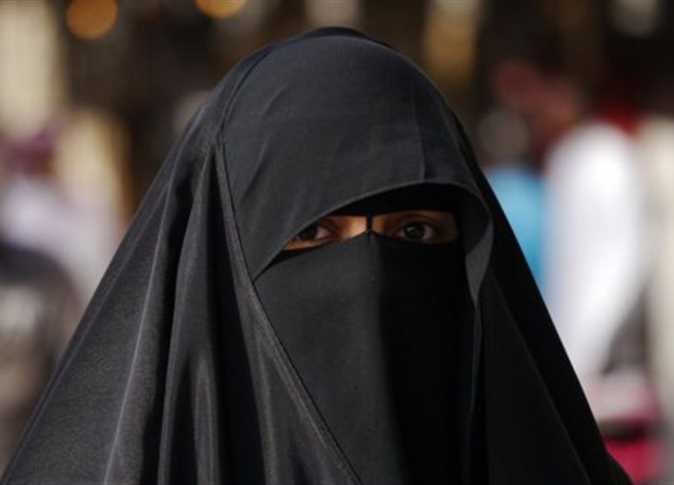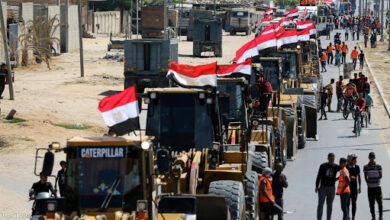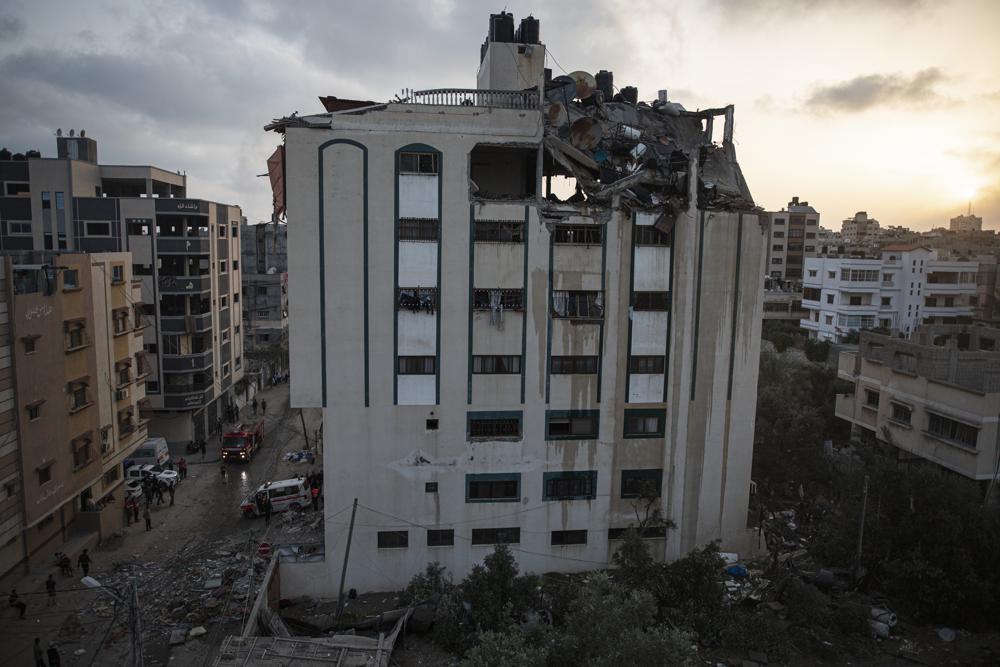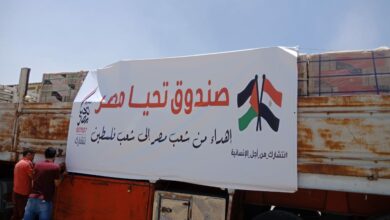The situation in the Palestinian Gaza Strip dominated the Middle East sections of most French newspapers this week.
“A year after the Israeli offensive, Gaza is abandoned,” read the 22 December headlines of prominent daily Le Monde, which went on to cite a 20-page report issued by 16 Gaza-based humanitarian NGOs, including Amnesty International and Oxfam International. In the report, these organizations accuse the international community "of betraying the people of Gaza," pointing out that "only a small portion of the promised 2.8 billion euros have actually been used towards reconstruction."
"Goods and reconstruction equipment are rotting in warehouses outside Gaza," the report notes. "The entire area remains in ruins.” Only 41 loads of material were permitted to enter Gaza over the course of the last year, the report goes on, even though thousands are needed to rebuild the devastated territory.
The internationally-sanctioned, Israeli-Egyptian blockade on Gaza–now in its third year–represents “a clear breach of the Geneva conventions on the protection of civilians in wartime, which prohibit collective punishment," the report states.
Le Monde also quotes French President Nicolas Sarkozy–speaking only weeks after Israel’s "Operation Cast Lead" assault on the Gaza Strip one year ago–as saying that the hapless enclave "cannot go on being the largest open-air prison in the world.”
French news weekly L’Express also ran a feature on the report, in which it quoted the director of Oxfam International, Jeremy Hobbs. “The world powers have betrayed the citizens of Gaza," said Hobbs. "They shook hands and made statements, but have taken little action to try to change a disastrous policy that prevents reconstruction and the rehabilitation of both people and the economy.”
The NGO report concludes by urging the EU to take immediate steps aimed at lifting the blockade.
A proposed prisoner swap between Israel and Palestinian resistance movement Hamas was also closely followed by the French press. The deal, said to be "imminent," involves the release of Israeli soldier Gilad Shalit–captured by Hamas in 2006–in exchange for the release of several hundred Palestinian prisoners by Israel.
On 23 December, Le Monde reported that the proposed agreement had little chance of being clinched before early 2010, since “the German mediator left Gaza after handing over the Israeli text of the proposal to the Hamas leadership in order to spend the Christmas holidays at home.” Talks between Israel and Hamas have also suffered delays, the newspaper reports, because “Israeli Prime Minister Benjamin Netanyahu must deal with pressure from the families of Israelis killed by Palestinian militants.”
Weekly news magazine Le Nouvel Observateur, meanwhile, reports that the Israeli army might employ Special Forces, unmanned aerial drones and communication-jamming equipment to enforce a declared freeze on the construction of Jewish-only settlements in the Palestinian West Bank. “The Israeli military plans to deploy drones to take pictures of illegal construction and create military perimeters to keep demonstrators and journalists out during the demolition of illegal buildings,” the paper reported.
The article went on to highlight the anger of Jewish settler leaders, who claim to have been “betrayed by Netanyahu, who was until now our staunch ally.”
Another hot topic in the French press this week was the issue of the niqab, or full Islamic face veil.
On Tuesday, Jean-Francois Cope, head of deputies for the UMP (Sarkozy’s party), announced that the party had drawn up a draft law aimed at prohibiting the niqab in public areas. "With the niqab, extremists want to test the [French] Republic by encouraging a practice they know to be contrary to the basic principles of our country," Cope was quoted as saying in weekly news magazine Le Point. “The visibility of the face in public is an essential condition for living together and a guarantee of safety.”
According to recent studies, the number of women wearing the Niqab in France does not exceed 2,000. Nevertheless, Muslims and Islamic scholars have warned MPs against enforcing the ban, which they fear could be interpreted as a stigmatization of Islam in general.
Le Nouvel Observateur ran a statement from French Council for the Muslim Faith President Mohamed Moussaoui, who declared his regret about "the many slip-ups that have taken place, particularly in debates over the Niqab, which could end up fostering misunderstandings and a sense of anxiety among Muslims in France.”




